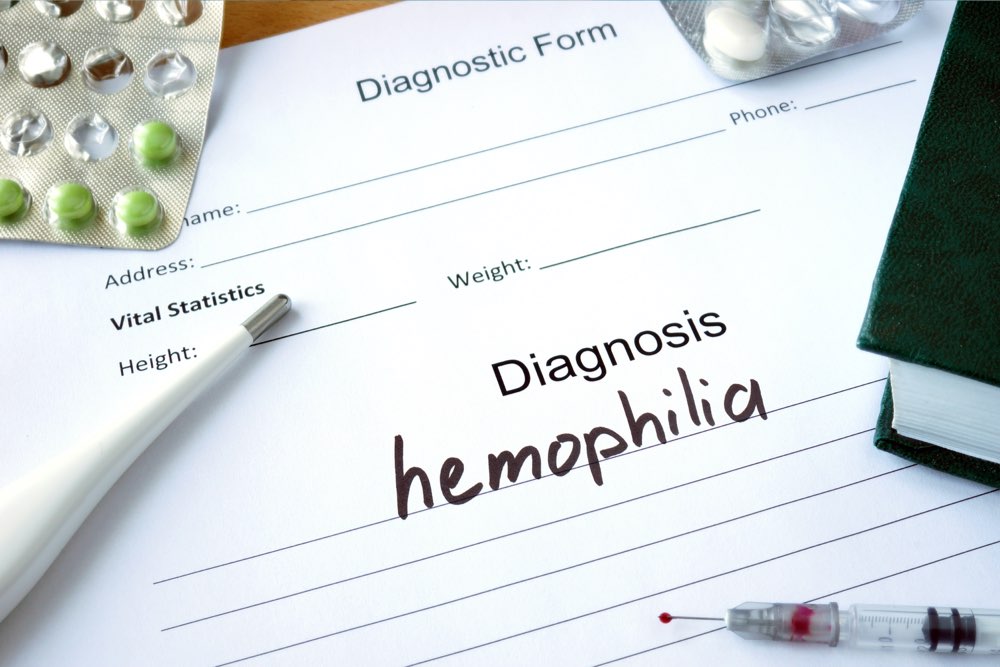Comprehensive Dietary Approaches to Effectively Manage Epilepsy
Discover comprehensive dietary strategies to effectively manage epilepsy. Learn about ketogenic, MCT, Atkins, and low glycemic diets, and how proper nutrition can improve seizure control and overall health. Enhance your understanding of dietary triggers and personalized nutrition plans for better epilepsy management.

Comprehensive Dietary Approaches to Effectively Manage Epilepsy
Living with epilepsy presents unique challenges that can impact daily life, but one of the most effective strategies for managing this neurological condition involves careful attention to diet and nutrition. The right nutritional plan can significantly enhance overall health, increase energy levels, improve sleep quality, and most importantly, help in controlling seizures more effectively. While medications are a cornerstone of epilepsy management, dietary modifications play a vital complementary role that cannot be overlooked. Proper nutrition provides the essential building blocks for optimal brain and body function, which is critical in minimizing seizure frequency and severity.
The Critical Role of Nutrition in Epilepsy Management
Many individuals are unaware that diet indirectly influences seizure susceptibility and overall control. Although no specific foods have been conclusively proven to cause seizures, an inadequate or unbalanced diet can increase vulnerability and contribute to poorer health outcomes. Conversely, a well-structured nutritional regimen ensures that the body remains well-nourished and resilient, thereby potentially reducing seizure episodes and improving the individual’s quality of life. Nutrition affects brain chemistry, influences metabolic processes, and supports the immune system—all factors that can impact epilepsy management.
Maintaining a balanced and nutrient-rich diet is integral to more focused attention, stable mood, and better seizure control. Proper nutrition synergizes with medication protocols, contributing to holistic epilepsy management.
Effective dietary strategies can significantly influence seizure control and overall health. Here are some of the most well-regarded nutritional approaches and tips for individuals managing epilepsy:
Key Nutritional Strategies for Living Well with Epilepsy
The Ketogenic Diet: One of the most studied and proven dietary approaches, the ketogenic diet involves a high-fat, very low-carbohydrate intake that prompts the body to produce ketones. These ketones serve as an alternative energy source for the brain. Clinical evidence indicates that the ketogenic diet can markedly reduce seizure frequency, especially in children with epilepsy that is resistant to medication. Its effectiveness hinges on strict adherence, necessitating precise measurement of food quantities to maintain the optimal ratio of fats to proteins and carbs. This diet requires guidance from healthcare professionals and dietitians to ensure nutritional adequacy and safety.
The Medium-Chain Triglyceride (MCT) Diet: An adaptation of the ketogenic diet, the MCT diet uses specialized oil supplements instead of traditional fats. This approach allows for more dietary flexibility, including higher carbohydrate and protein intake. Because MCT oils are easier to digest and metabolize, they can help individuals maintain ketosis with less restriction, simplifying meal planning, and improving compliance.
The Atkins Diet: Similar to keto but with a slightly less restrictive carbohydrate limit, the Atkins diet emphasizes high protein intake and moderate fats. It can be beneficial for some individuals with epilepsy by reducing carbohydrate load while allowing more dietary variety, including a controlled intake of fruits, vegetables, and dairy. This diet can be tailored to suit personal preferences and lifestyles but still requires medical supervision to prevent nutritional deficiencies.
The Low Glycemic Index (LGI) Diet: This diet focuses on maintaining steady blood sugar levels by choosing foods that release energy slowly over time. It allows for moderate carbohydrate intake and emphasizes high-fiber foods like whole grains, vegetables, and fruits—including berries, apples, and pears. Foods with high glycemic indices, such as white bread, sugary beverages, and processed snacks, should be avoided as they cause rapid energy spikes that may trigger seizures or interfere with medication efficacy.
Beyond these dietary patterns, individuals with epilepsy should be vigilant about foods and ingredients that might act as triggers. Certain additives such as preservatives, artificial coloring, sweeteners, and monosodium glutamate (MSG) can provoke neurological responses that increase seizure risk. While some fruits like pomegranate and grapefruit do not directly cause seizures, they may interact with medications or influence side effects, warranting moderation or avoidance. Additionally, caffeine, found in tea, coffee, or sodas, can stimulate the nervous system and elevate seizure risk in some individuals. Therefore, a cautious approach to caffeine consumption is recommended for those prone to seizures.
Overall, adopting an individualized, supervised nutritional plan can improve seizure control, boost physical and mental health, and empower individuals living with epilepsy to lead more stable and fulfilling lives. Consulting healthcare providers and dietitians is essential to personalize dietary strategies, monitor progress, and ensure nutritional needs are met while minimizing potential risks. Proper dietary management, combined with medication adherence and lifestyle adjustments, forms a cornerstone of comprehensive epilepsy care.
In conclusion, nutrition plays a pivotal role in managing epilepsy. A strategic combination of specialized diets like ketogenic, MCT, Atkins, or LGI, alongside careful avoidance of potential triggers, can make a meaningful difference in seizure management. Empowering oneself with knowledge and professional guidance enables individuals with epilepsy to optimize their health and achieve better control over their condition.
Remember, dietary changes should always be implemented under medical supervision to ensure safety and effectiveness, paving the way for a healthier, seizure-controlled life.





